Snakes In Australia Are Growing Arms... And That's Not Even The Crazy Part!
August 6, 2016
One creature on this planet is changing so drastically that researchers believe they're watching evolution in action… even though they have no idea why.
This strange-looking creature is called a yellow-bellied three-toed skink, a species of reptile native to eastern Australia.
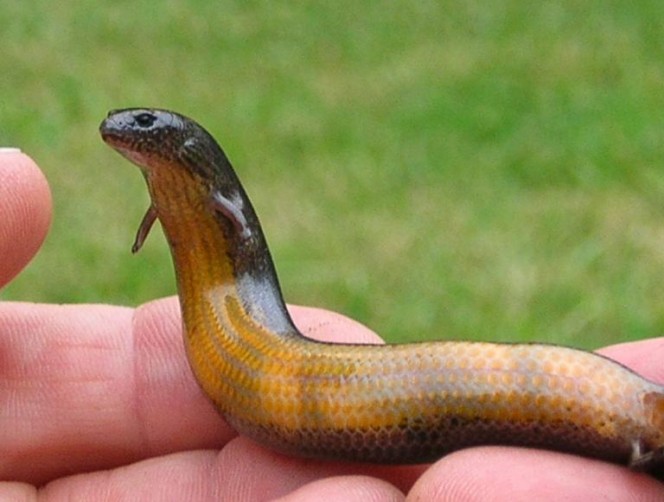
Photo credit: National Geographic
For most of its known history on Planet Earth, this type of skink has given birth by laying eggs, but recently scientists have noticed something unusual.
Yellow-bellied skinks in the warm coastal lowlands are continuing to lay eggs, but the same species in the colder mountainous regions are starting to give birth to live young.
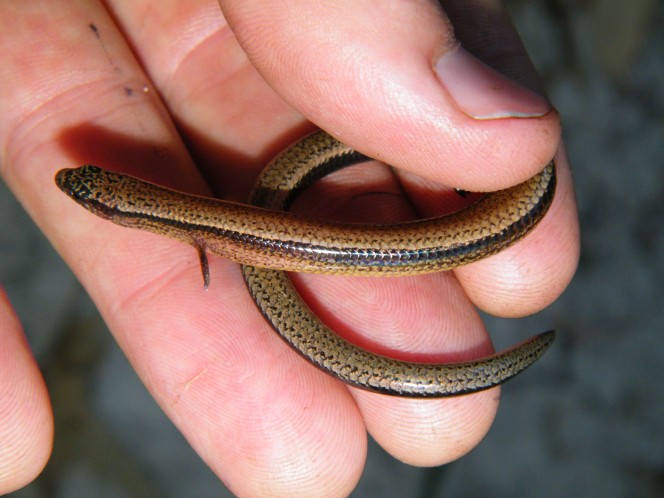
This means that this type of skink is evolving to a new method of reproduction right before our very eyes. It is the first time in history that scientists have caught a reptile transitioning from one behavior to the other.
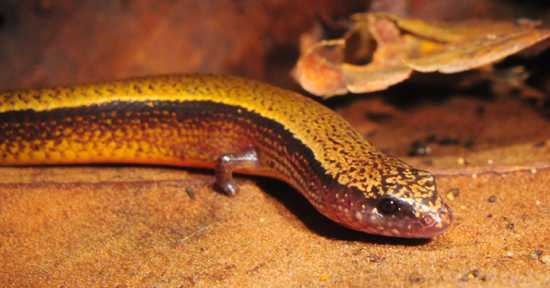
Baby mammals get nutrients from the placenta, and babies incubated inside eggs get their nutrients from the yolk and shell. Without either one of these protective casings, how live skink babies are surviving is currently a mystery.
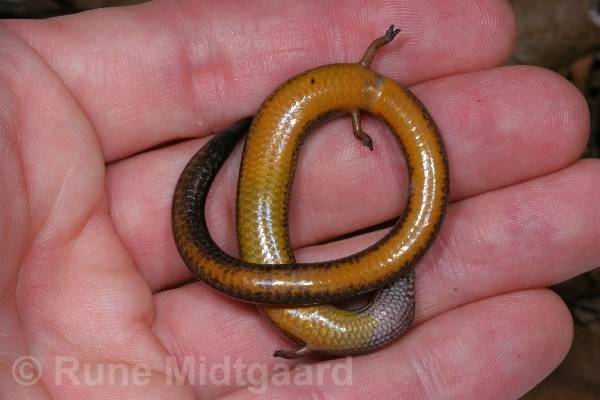
Photo credit: Rune Midtgaard
Pretty cool, huh?
 Dogs Are Forced To Wear The Things They Steal — And It’s Hilarious
Dogs Are Forced To Wear The Things They Steal — And It’s Hilarious
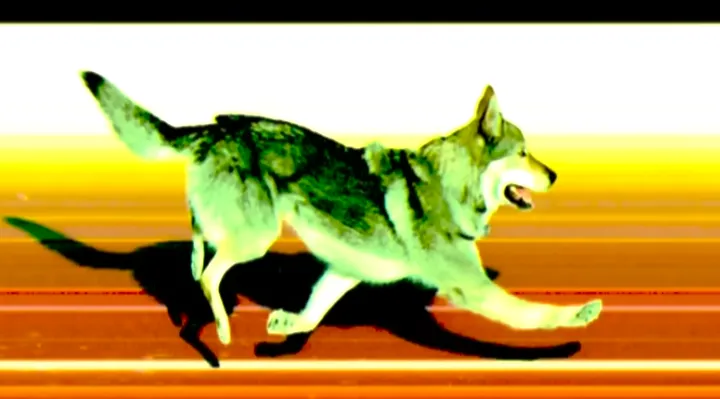 Meet Nazgul: The Dog Who Crashed An Olympic Ski Race And Nearly Won
Meet Nazgul: The Dog Who Crashed An Olympic Ski Race And Nearly Won
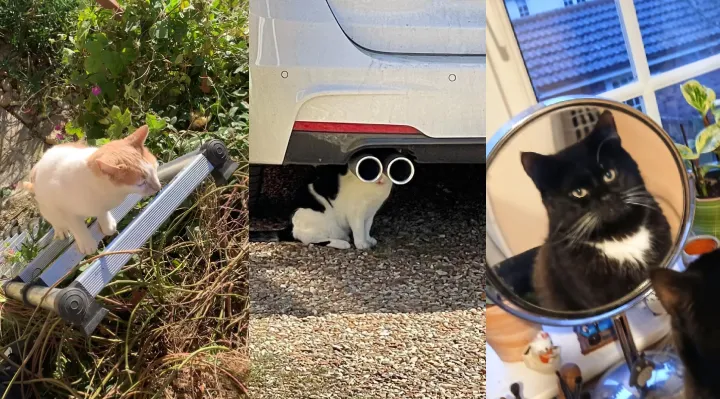 People Are Submitting Photos of Their Cats’ ‘Jobs’— And We Can’t Stop Laughing
People Are Submitting Photos of Their Cats’ ‘Jobs’— And We Can’t Stop Laughing
 She Was Feeling Low On Confidence, So Her Classmates Covered Her Desk In Sticky Notes
She Was Feeling Low On Confidence, So Her Classmates Covered Her Desk In Sticky Notes
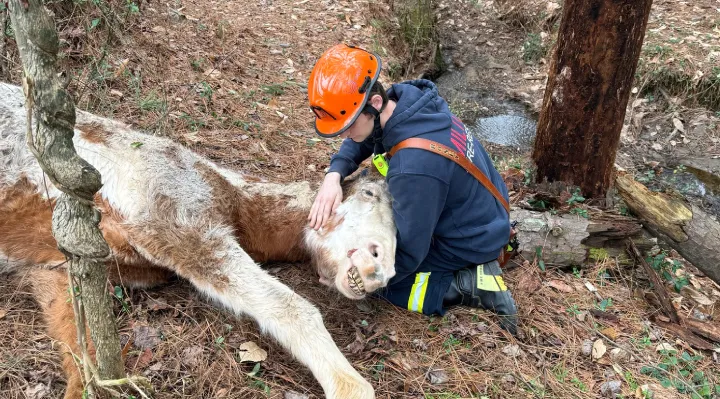 A Childhood Bond Reunited: Firefighter Saves The Horse That Taught Him To Ride
A Childhood Bond Reunited: Firefighter Saves The Horse That Taught Him To Ride
 She Collects Trash 5 Days A Week With Her Dog — So A Resident Gifted Her Dog A Matching Vest
She Collects Trash 5 Days A Week With Her Dog — So A Resident Gifted Her Dog A Matching Vest
 Mom Was About To Miss Her Flight, So A Stranger Picked Up Her Kid And Ran With Her
Mom Was About To Miss Her Flight, So A Stranger Picked Up Her Kid And Ran With Her
 She Gave Her Dad The One Thing He’d Been Searching For His Whole Life
She Gave Her Dad The One Thing He’d Been Searching For His Whole Life
 Son Stops Mid Race To Give His Mom A Kiss During The Special Olympics
Son Stops Mid Race To Give His Mom A Kiss During The Special Olympics
 Reporter Asks Eileen Gu 'Do You Think Before You Speak?' — Her Answer Is Going Viral
Reporter Asks Eileen Gu 'Do You Think Before You Speak?' — Her Answer Is Going Viral
 He Went Back To Pay The Man Who Helped Him — But That’s Not What Happened
He Went Back To Pay The Man Who Helped Him — But That’s Not What Happened
